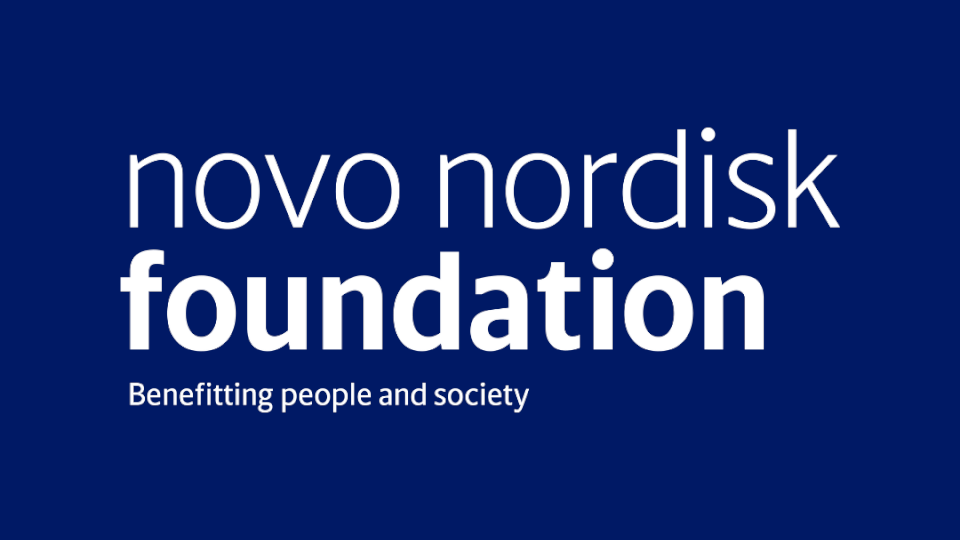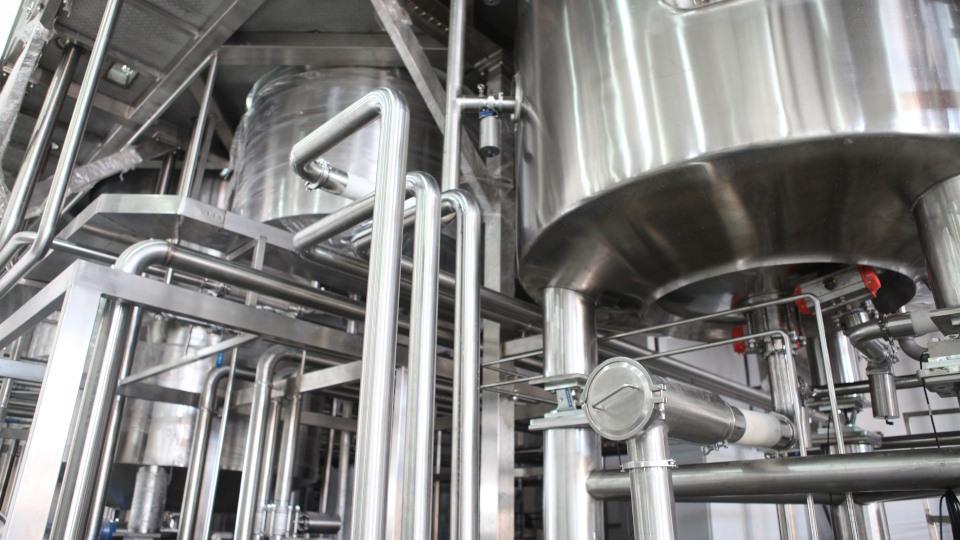Novo Nordisk Foundation pledges €127m for cell therapy plant

The Novo Nordisk Foundation is funding the creation of a cell therapy development and manufacturing facility in Denmark with one of the largest investments in the sector in Europe.
The Foundation – the philanthropic nonprofit that owns a controlling stake in Danish drugmaker Novo Nordisk – plans to invest up to DKK 950 million (€127 million) in the new facility, which will be located at the Technical University of Denmark (DTU) in Lyngby and help bring new cell therapies out of the lab and into the clinic.
Called the Cellerator, the unit will focus on the final development steps and upscaling of cell therapies for testing in humans, and according to the Foundation, will “fill a critical gap in the Danish cell therapy ecosystem, helping to translate breakthroughs in cell therapy research into real-world treatments for people with diseases such as chronic heart failure, Parkinson’s, kidney disease, type 1 diabetes and several forms of cancer.”
The investment comes after a report prepared for the European Federation of Pharmaceutical Industries and Associations (EFPIA) concluded that Europe is falling behind the US and Asia in its pharmaceutical R&D investment, particularly in the areas of advanced therapy medicinal products (ATMPs) like cell and gene therapies.
That suggested that one of the key weaknesses in Europe is in the translation of research candidates into commercial products – the area in which the Cellerator is likely to have the greatest impact when it is up and running.
At the moment, the only capacity for manufacturing cell therapies in Denmark is found in a few hospitals, and the Cellerator will be the first large-scale site for process development and GMP production in the country. Its services will be offered to companies across the biopharma category, regardless of size or location.
“Cell therapies have the potential to take us from treating or managing the symptoms of chronic diseases to treating the disease itself, or even curing it with a one-off procedure,” remarked Thomas Carlsen, chief executive of the Cellerator.
“We’ve seen major advances in the laboratory in recent years, but many promising cell therapy candidates face difficulties reaching clinical trials, partly because we can’t currently develop cell therapy products in large, consistent quantities here in Denmark.”
Work on the facility is scheduled to start next year, and it is due to be operational in 2027, focusing on taking therapies from the final stages of animal research and manufacturing them at the scale needed for early clinical trials.
DTU president Anders Bjarklev said that the Cellerator will be at the heart of a knowledge hub for cell therapy in Denmark and Europe and provide “synergies with our research, education and innovation in health tech and biotechnology, which is happening in close collaboration with start-ups and companies.”
Also participating in the venture is reNEW, the Novo Nordisk Foundation Center for Stem Cell Medicine, a research consortium that involves scientists from Denmark, Australia and the Netherlands.
The aim is to bring additional partners into the project and ultimately build the Cellerator into “a leading player in Europe and a model for similar facilities around the world,” according to Novo Nordisk Foundation CEO Professor Mads Krogsgaard Thomsen.













